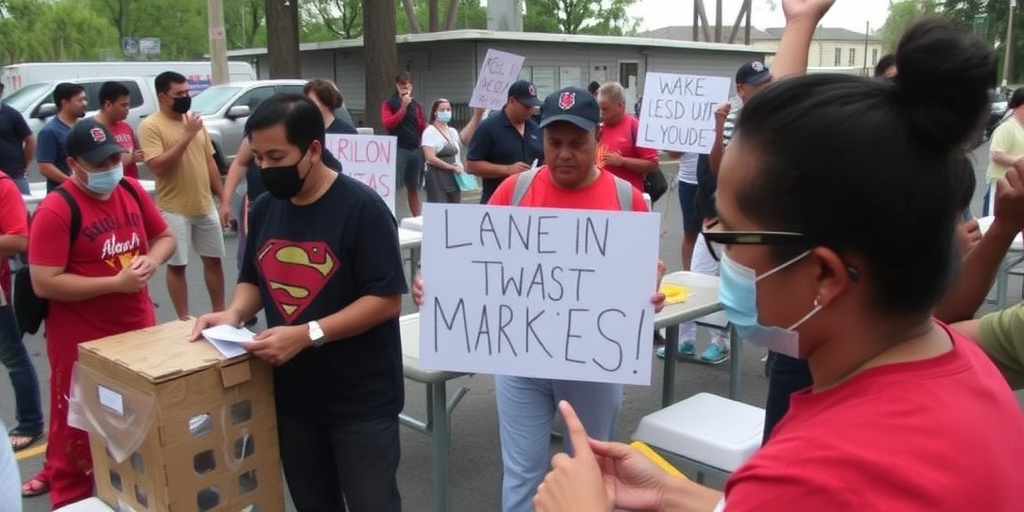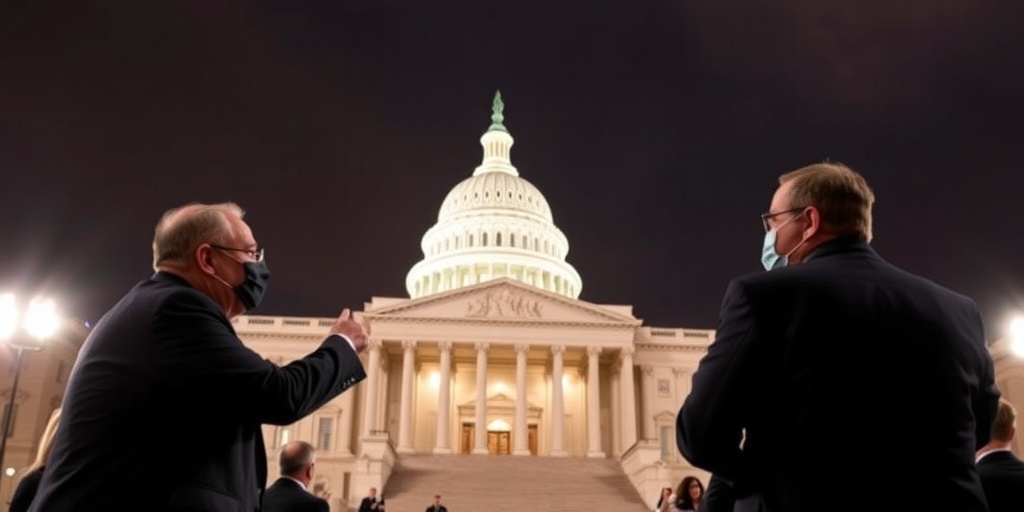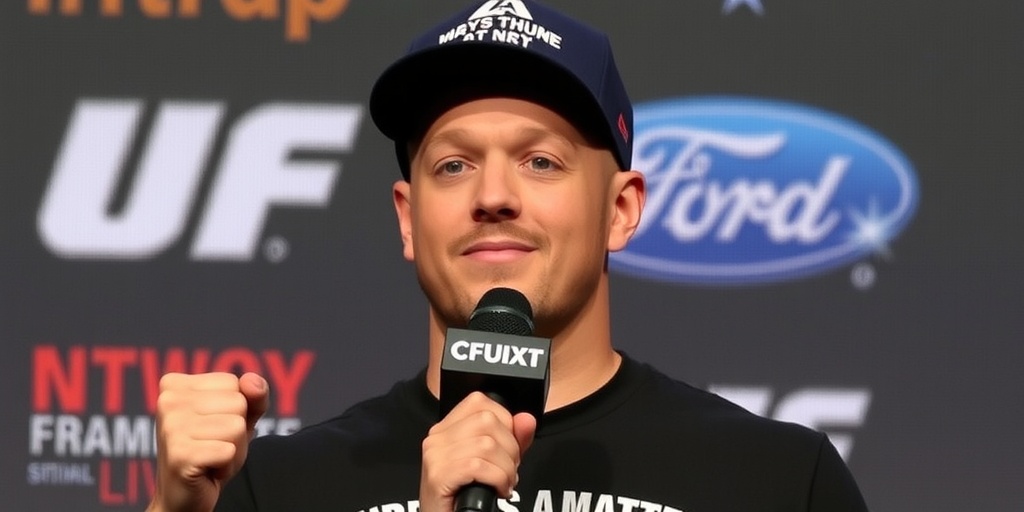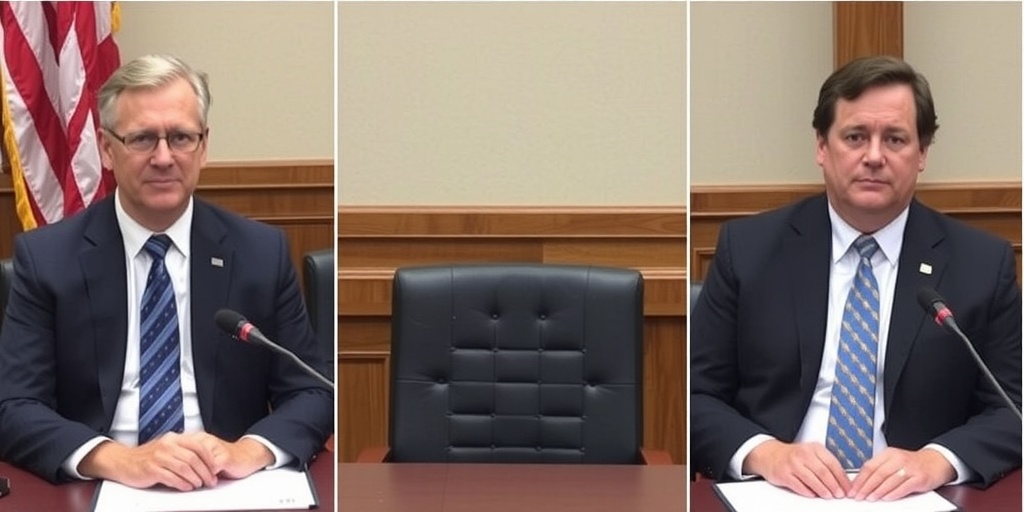Now Reading: Ambassador David Pressman Expresses Alarm Over Recent Observations
-
01
Ambassador David Pressman Expresses Alarm Over Recent Observations
Ambassador David Pressman Expresses Alarm Over Recent Observations
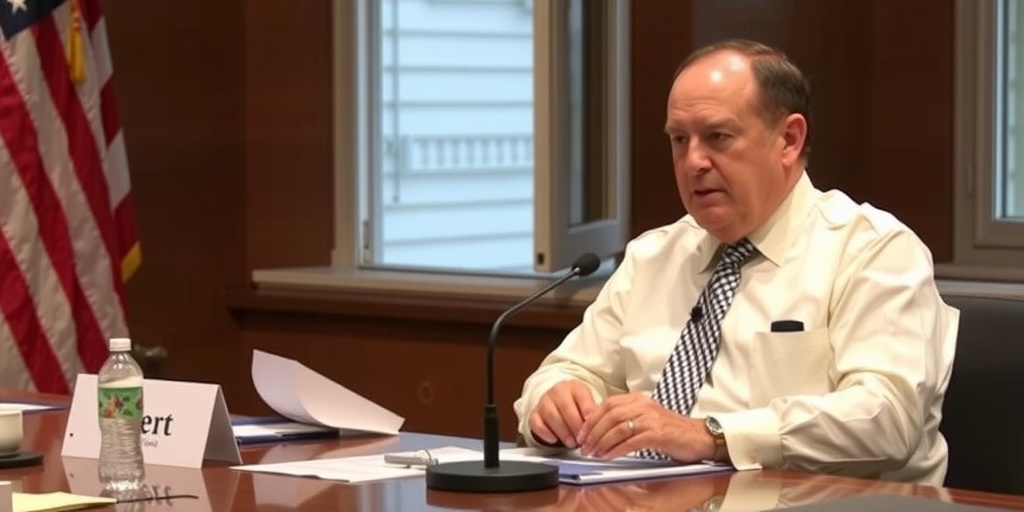
Title: Tensions Rise as U.S. Ambassador Discusses Hungary’s Political Climate
In a notable marker of the shifting political landscape, Hungarian Prime Minister Viktor Orban recently met with President-elect Donald Trump at Mar-a-Lago, indicating strong ties between the conservative factions in both nations. Orban, a significant proponent of Trump’s ideology, highlighted his enthusiasm for the meeting on social media, proclaiming that “the future has begun,” accompanied by images featuring influential figures like Elon Musk. This mutual admiration extends beyond personal connections; Trump and various populist conservatives have lauded Orban’s governance, which notably includes measures aimed at restricting judicial independence, academic freedom, and press freedoms.
Orban has asserted that Hungary is now deeply involved in crafting policies alongside Trump’s team, suggesting a strategic alignment that could have far-reaching implications for both countries. The relationship has, however, raised eyebrows internationally due to Hungary’s contrasting stance on global issues. While it is a member of the European Union (EU) and NATO, Orban’s affinity for Russia and his opposition to NATO’s support for Ukraine have strained relations with both alliances. Furthermore, the EU Parliament recently classified Hungary as an "electoral autocracy," signaling a decline in democratic principles and the erosion of citizens’ rights.
As tensions simmer, U.S. Ambassador to Hungary David Pressman, who has headed the American diplomatic mission for the past two and a half years, reflected on his contentious tenure during a recent interview. With the U.S. Treasury Department implementing sanctions against a key ally of Orban due to corruption allegations, the relationship between the U.S. and Hungary is at a crossroads. Pressman described the Orban administration’s efforts to transform a conventional alliance with the U.S. into a more personalized engagement between leaders. This pivot risks undermining the foundational principles of international alliances that should extend beyond individual political dynamics.
Pressman emphasized the challenges his administration faced, noting that Orban and his government have consistently framed U.S. policies as partisan rather than as actions representative of American interests. The ambassador highlighted the precarious nature of Hungary’s current political climate, which he believes has attempted to cast dissenting views as threats to national sovereignty—a tactic often used to divert attention from internal issues such as corruption and media freedom.
Pressman also discussed the personal attacks he endured from Orban’s government, which aimed to undermine his credibility and portray him as an outsider. He recounted alarming instances of government-sponsored propaganda targeting him, which included overt attacks on his character. Despite the hostility, Pressman remained committed to engaging with the Hungarian people directly and mitigating the government’s narrative through outreach and transparent communication.
The cultural and political backdrop of Hungary plays a significant role in shaping perceptions of Pressman and U.S. diplomacy. He acknowledged that his personal identity as a gay man has been weaponized politically, with Orban’s government framing discussions around human rights and democracy in terms that resonate with conservative narratives in Hungary. Addressing issues of energy dependence on Russia, judicial independence, and LGBTQ+ rights, Pressman found that discussions often devolved into personal attacks rather than substantive conversations regarding policy.
As the global political landscape morphs, the growing fellowship between American conservatives and Orban’s administration raises questions about the future of democratic governance in both countries. Figures such as Vice President-elect JD Vance and prominent media personalities have praised Orban, further strengthening this bond and providing Orban’s government with a platform to advance its agenda based on shared ideological principles.
Despite the pressures, Pressman asserted that diplomatic engagement remains paramount, highlighting instances where Hungary transitioned from initially opposing U.S. policies to aligning with them—be it on sanctions against Russia or NATO expansion. The U.S.’s reliance on alternative diplomacy to navigate its relationship with Hungary reflects the increasingly complex dynamics at play as Orban’s government continues to straddle the line between illiberal governance and strategic cooperation.
The ambassador underscored the importance of remaining vigilant, stressing that Hungary serves as a potent reminder of the vulnerabilities present in democratic institutions. The swift erosion of democratic ideals and the chilling effect on public discourse underline the need for ongoing engagement and advocacy for democracy and human rights, both within Hungary and on the international stage.
As Pressman prepares to leave his post, his experiences in Hungary unveil a pressing narrative with consequences that extend beyond national borders, challenging the global community to confront the implications of rising authoritarianism.
Stay Informed With the Latest & Most Important News
Previous Post
Next Post
-
 01New technology breakthrough has everyone talking right now
01New technology breakthrough has everyone talking right now -
 02Unbelievable life hack everyone needs to try today
02Unbelievable life hack everyone needs to try today -
 03Fascinating discovery found buried deep beneath the ocean
03Fascinating discovery found buried deep beneath the ocean -
 04Man invents genius device that solves everyday problems
04Man invents genius device that solves everyday problems -
 05Shocking discovery that changes what we know forever
05Shocking discovery that changes what we know forever -
 06Internet goes wild over celebrity’s unexpected fashion choice
06Internet goes wild over celebrity’s unexpected fashion choice -
 07Rare animal sighting stuns scientists and wildlife lovers
07Rare animal sighting stuns scientists and wildlife lovers













